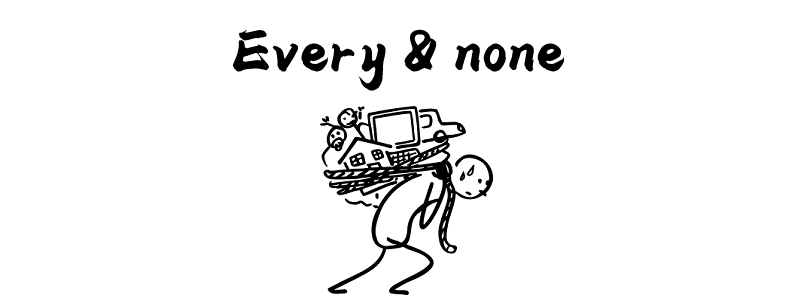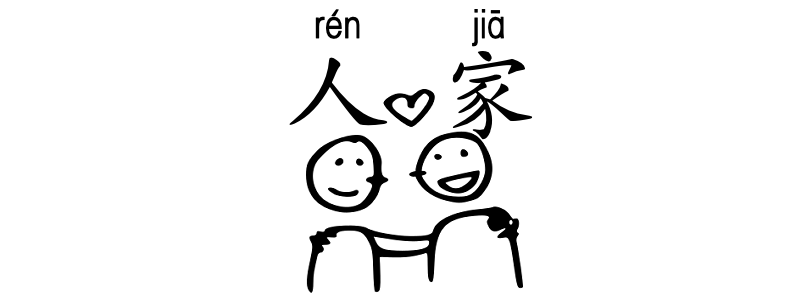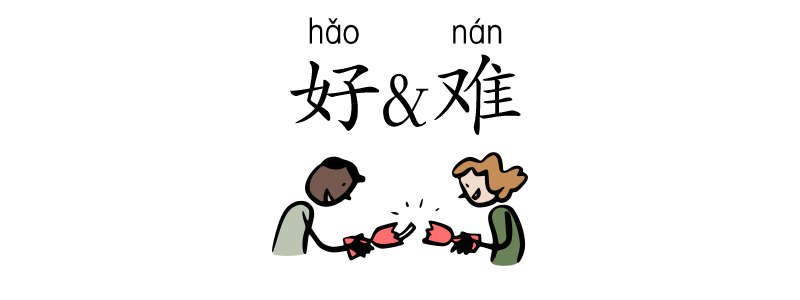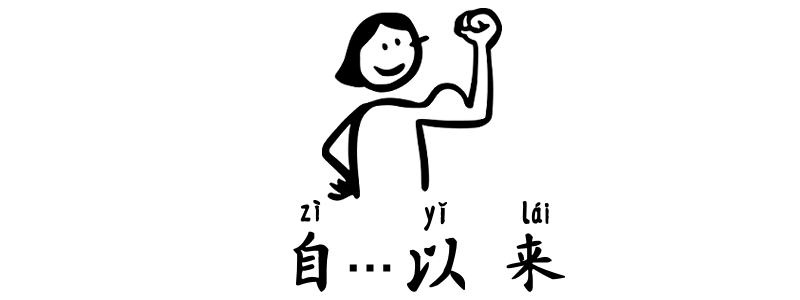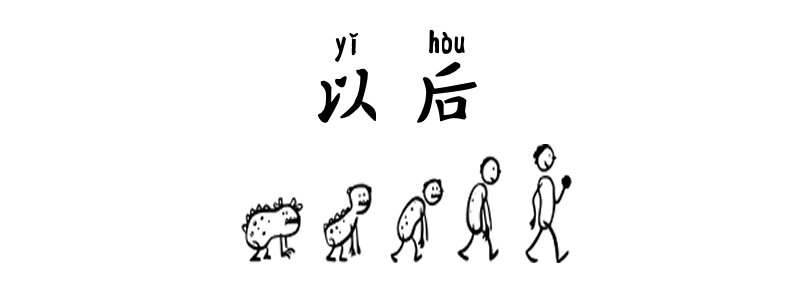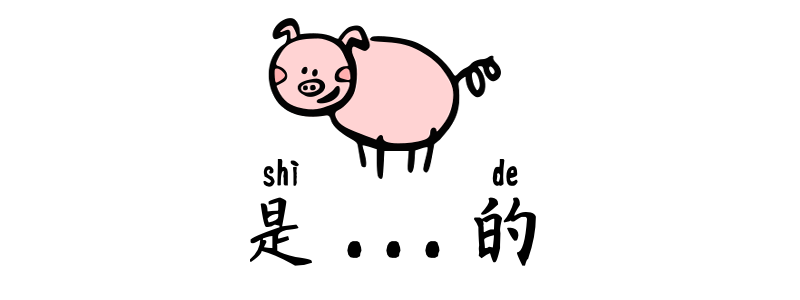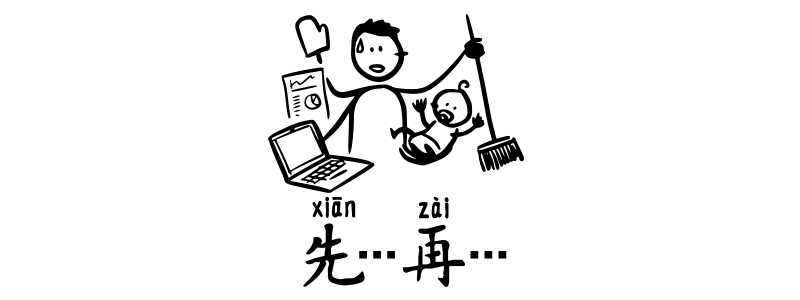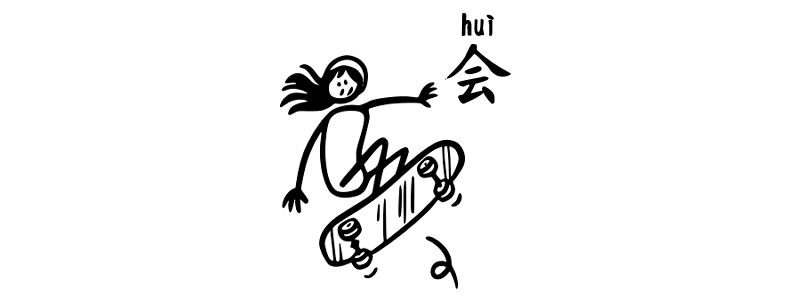Grammar Point:In Chinese, question words like 什麼什么 shénme, 誰谁 shéi, 哪裡哪里 nǎlǐ, etc., can be used to express the idea of “every” or “none” depending on the context. Structure Question Words Affirmative Negative 誰shéi谁shéi who everyone no one 哪裡nǎlǐ哪里nǎlǐ where everywhere nowhere 什麼shénme什么shénme what everything nothing 什麼時候shénmeshíhòu什么时候shénmeshíhou when anytime; always never 怎麼zěnme怎么zěnme + V how…
Author: tiffany
Chinese Referring to People – 人家 rénjiā
Grammar Point:In Chinese, the term 人家 rénjiā is a versatile pronoun that can be used in various contexts to refer to different people. Referring to Someone Else 人家rénjiā都dōu說shuō沒關係méiguānxī了le, 你nǐ就jiù別bié難過nánguò了le人家rénjiā都dōu说shuō没关系méiguānxi了le, 你nǐ就jiù别bié难过nánguò了lePeople are saying it’s okay, so don’t be upset. 你nǐ看kàn人家rénjiā的de男朋友nánpéngyǒu都dōu會huì送sòng禮物lǐwù, 你nǐ都dōu不會búhuì你nǐ看kàn人家rénjiā的de男朋友nánpéngyou都dōu会huì送sòng礼物lǐwù, 你nǐ都dōu不会búhuìLook, everyone else’s boyfriends give them gifts, but you never do. 人家rénjiā愛ài怎麼zěnme想xiǎng就jiù怎麼zěnme想xiǎng, 你nǐ不用búyòng在意zàiyì人家rénjiā爱ài怎么zěnme想xiǎng就jiù怎么zěnme想xiǎng, 你nǐ不用búyòng在意zàiyìPeople will…
一 yī… 就 jiù… As soon as
Grammar Point:The grammar structure 一 yī… 就 jiù… is a common pattern in Chinese that expresses a cause-and-effect relationship between two events or actions. It is used to describe that once the first event or action occurs, the second event or action will immediately follow, much like the English phrase “as soon as”. Structure S1 +…
Two Functions of 好 hǎo and 难 nán
Grammar Point:In Chinese, the characters 好 hǎo and 難难 nán can be used as prefixes to form compounds that express ideas of good and bad, or ease and difficulty. Good and Bad 好看hǎokàn好看hǎokàn Good-looking/Interesting 難看nánkàn难看nánkàn Ugly 好吃hǎochī好吃hǎochī Delicious 難吃nánchī难吃nánchī Tastes bad 好聽hǎotīng好听hǎotīng Pleasant to listen to 難聽nántīng难听nántīng Unpleasant to listen to 他tā唱歌chànggē真的zhēnde很hěn難聽nántīng他tā唱歌chànggē真的zhēnde很hěn难听nántīngHis singing is really…
Ever since – zì…yǐlái
Grammar Point:The Chinese grammar structure 自 zì… 以來来 yǐlái is used to express “ever since” in English. This structure indicates that something has been happening continuously from a certain point in the past up to the present. Structure Zì + Time or Event + yǐlái Compared with just using 自 zì, 從从 cóng, or 自從从…
Expressing “after” with yǐhòu
以後后 yǐhòu Time or Verb + 以後/以后 (After) 我wǒ星期五xīngqíwǔ以後yǐhòu有空yǒukōng我wǒ星期五xīngqīwǔ以后yǐhòu有空yǒukōngI will be available after Friday. 很多hěnduō人rén說shuō1981 年nián以後yǐhòu出生chūshēng的de孩子háizi是shì草莓族cǎoméizú很多hěnduō人rén说shuō1981 年nián以后yǐhòu出生chūshēng的de孩子háizi是shì草莓族cǎoméizúMany people say that children born after 1981 are the “strawberry generation.” FYI草莓族 cǎoméi zú is a slang term in Chinese that is often used to describe the younger generation, specifically those born after 1981. It is derived from…
Chinese emphasis – 是 shì…的 de
Grammar Point: The 是 shì … 的 de structure is used in Chinese to provide emphasis on specific details of a past action or event. It is used to draw attention to the time, place, manner, or other specific details of an action or event, and to give additional information or explanation. This structure is…
First and then in Chinese
Grammar Point:The grammar structure 先 xiān…再 zài… in Chinese is used to express a sequence of actions or events, indicating that one action or event happens before another. Structure (S) 先 VO,(S) 再 VO Remember to place the subject before 再 zài, and when the two subjects are the same, you can drop the second…
“And” in Chinese – 以及 yǐjí & 并 bìng
Grammar Point:In Chinese, 以及 yǐjí and 並并 bìng can be translated as “and,” but they link to slightly different elements. 以及 yǐjí This is a more formal way to express “and,” often used in written or formal contexts. It is used to connect two or more noun phrases. It is also possible to drop 以…
Two Functions of huì
Grammar Point:In Chinese, the character 會会 huì can have two main functions: indicating capability or skill (can) and indicating future actions (will). Skill (can) 會会 huì emphasizes a skill that you have learned or been trained to do. It refers to the ability to do something that has been acquired through training or education, and…
